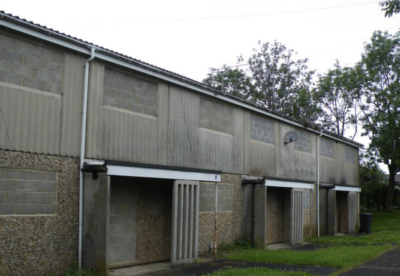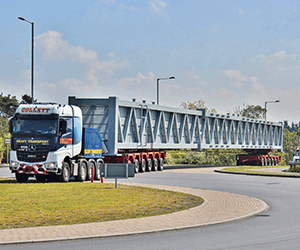The private contractor revealed the plan to consolidate its construction and housing delivery teams as it revealed pre-tax profits had more than doubled to £28m in 2016 from £13m previously.
More selective bidding and some housing project delays saw turnover fall 8% to £1.2bn. Although the better quality performance saw group-wide operating margin also double to 2.4%.
Cash remained stable at £81m, despite Willmott Dixon raising its total investment in residential land and developments to £196m(2015: £88m), with only £44m of the net increase funded through ring-fenced bank loans.
This will be the last year that building maintenance and housing development will be included in the Willmott Dixon Group results.
Fortem, the standalone maintenance contractor and its BE Living housing development business were split into separate sister businesses at the start of this year to allow them to develop independently of the group.
Willmott Dixon will now merge the residential construction element of the Be Living business with its mainstream contracting arm as a final part of the restructure to boost the main construction business’s offering, particularly on major mixed-work frameworks.
Chief executive Rick Willmott said: “This year will see concentration on our core contracting activity, making sure that we continue to shape Willmott Dixon to stay close to our customers, both private and public, and by serving their evolving needs.
“I’ve always maintained Willmott Dixon’s ability to grow and succeed is down to our readiness to adapt in an ever changing market.
“Integrating our residential contracting business into our Construction arm led by chief operating officer John Waterman will give us more flexibility to meet the needs of our customers.
“The nature of projects is changing, with private housing developers, local authorities and housing associations creating ever more high density, mixed-tenure and mixed-use developments.
“These opportunities are often ‘bundled’ as a series of projects that allow customers to work in partnership with companies like us to accelerate delivery.”
“We’re seeing a growing number of customers wanting to migrate relationships with current operational teams, who have delivered commercial or education projects for example, on to residential build contracts instead of being introduced to a new team from a different part of the business.
“To ensure we are best positioned to deal with this, we need to change the way we operate by integrating our residential expertise and capability into our national Construction business from July.
“This also fits neatly with our portfolio of national and local frameworks, including Scape where we are a partner on the new National Construction Framework with the potential for work volumes of £2.25bn over the next four years, and the Southern Construction Framework.”















.gif)






































 MPU 300_250px.gif)

